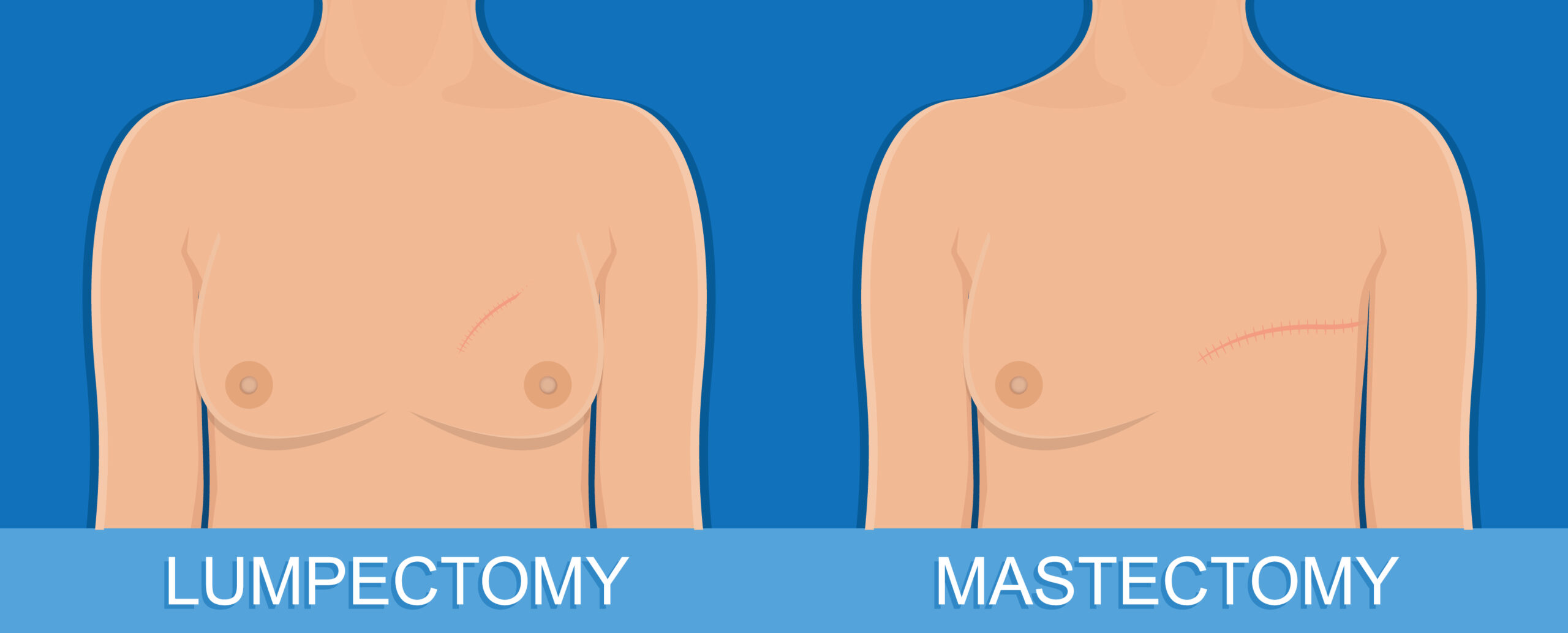Dr Suneel Kaushik Komanduri, Surgical Oncologist, Onco Cancer Centre, explains how breast conservation surgery is helping breast cancer patients today.
Surgery plays a very important role in the treatment of breast cancer. Earlier, surgery for breast cancer involved removal of complete breast tissue, along with underlying muscles and nodal tissue in the armpit. This type of surgery leaves behind lasting physical and psychological trauma and can severely affect how the patient views her body. The trauma can also precipitate psychological reactions like depression, anxiety and stress in some women.

Research across the world on breast cancer treatment and advances in surgical techniques made breast conservation an option for the majority of women affected with breast cancer. Currently, mastectomy – a surgical technique that removes the whole breast – is offered to only selected patients when the tumour involves the entire breast tissue.
What is breast conservation surgery?
Breast-conserving surgery (BCS) removes the cancer while leaving as much normal breast as possible. Usually, some surrounding healthy tissue and lymph nodes also are removed as may be necessary.

Is breast conservation possible for all patients?
It is possible to conserve the breast in the majority of patients. In the early stages, when the size of the tumour is small, it is often possible to remove the tumour with or without use of plastic surgery techniques to fill the defect.
Sometimes oncologists can advise chemotherapy initially to reduce the size of larger tumours. For some women, mastectomy may be the preferred option or the only option, because of the type of breast cancer, the large size of the tumour, previous treatment with radiation, BRCA mutations or certain other factors.
Will Breast conservation surgery distort the shape of the breast?
Defects created by the removal of the tumour with some normal breast tissue around it can alter the shape of breast. Incorporation of plastic surgery techniques to cancer surgery called ‘Oncoplastic surgery’ help fill the defect and restore the normal shape of the breast.
The plastic surgery technique can involve displacement of remnant adjacent breast tissue or replacement of defect with a variety of options like perforator flaps, myocutaneous flaps and autologous fat grafting.
How safe is breast conservation? Will it increase risk of cancer recurrence later in life?
Most women prefer mastectomy to breast conservation for fear that the disease may recur. But, breast-conservation surgery (BCS) is established as a safe option for most women with early breast cancer.
The oncological safety of this surgery has been proven in various well conducted, randomised, controlled trials. Breast conserving surgery followed by radiation to the breast is considered the current standard of care in early breast cancer.
Surgery for breast cancer is no longer mutilating. The option for breast conservation can be discussed with your treating oncologist and a shared decision can be made.
Click here to read about what to wear after your breast cancer surgery.

